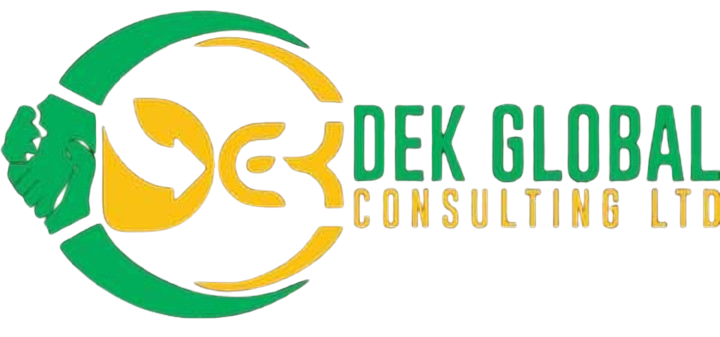Every year, African innovators design solutions that could solve real-world problems from better electrification in Nigeria to AI-powered healthcare in Kenya, solar-powered irrigation systems in Ghana, edtech platforms bridging access in remote schools, transportation tools to help students cross flooded terrain in rural Tanzania, even a transportation app, built with women safety in mind.
The innovations themselves are always impressive. The ideas are bold, practical, and often life-changing.
But the proposal, the document that shares these ideas with the people who turn dreams into funded projects, is often where everything falls apart.
Too many proposals leave funders, investors, and grant reviewers wondering whether the innovator truly understands their own idea. Not because the idea isn’t sound, but because the writing fails to show it.
The unfortunate truth is that Africa doesn’t have an innovation problem.
It has a communication problem and it’s costing us.
Clarity Is Currency in the Global Funding World
According to recent reports, fewer than 5 percent of African startups that secure early-stage interest go on to raise significant follow-on funding. In structured grant cycles, as few as 1 in 5 proposals submitted by African-led teams receive support.
As I’ve said before, the ideas themselves aren’t the issue.
The problem is how these ideas are written or rather, how poorly they’re written.
In the global funding ecosystem, decisions rely heavily on clarity, structure, and narrative strategy. But the proposals written by African innovators do not have these features.
So, in today’s innovation economy, writing a compelling proposal isn’t optional.
It is a critical skill because proposals are the first bridge between an idea and the opportunity it needs to come alive.
With this in mind, African innovators need to stop treating proposal writing like a side task.
Something you slap together after the real work building, testing, pitching is done.
While Innovators are trained to code, to create, to solve, they also need to learn how to write.
So they don’t pour energy into product development, only to either outsource proposals to someone who doesn’t understand what’s being built. Or even write it themselves without much thought to how it is understood by others.
So we end up having brilliant ideas wrapped in vague, disjointed, or boring writing and sent to global evaluators who are looking for precision, clarity, and intent.
Poor writing doesn’t just have the ability to hurt your chances.
It can end them.
Final Thought
Africa innovators do not lack vision, innovation, or brilliance.
It is the writing and if we continue to treat writing as an afterthought, we’ll keep watching great ideas die quietly at the proposal stage.
Writing isn’t just a skill. It’s infrastructure.
The kind that builds trust, unlocks funding, and moves ideas from the lab to the world.
It’s time we took it seriously.


No responses yet